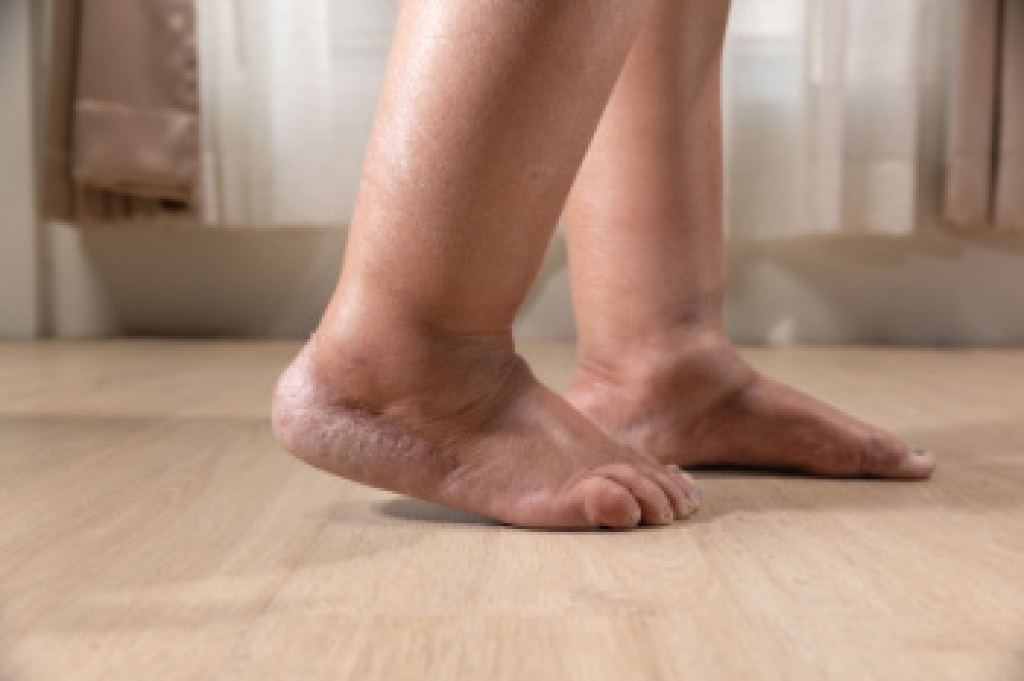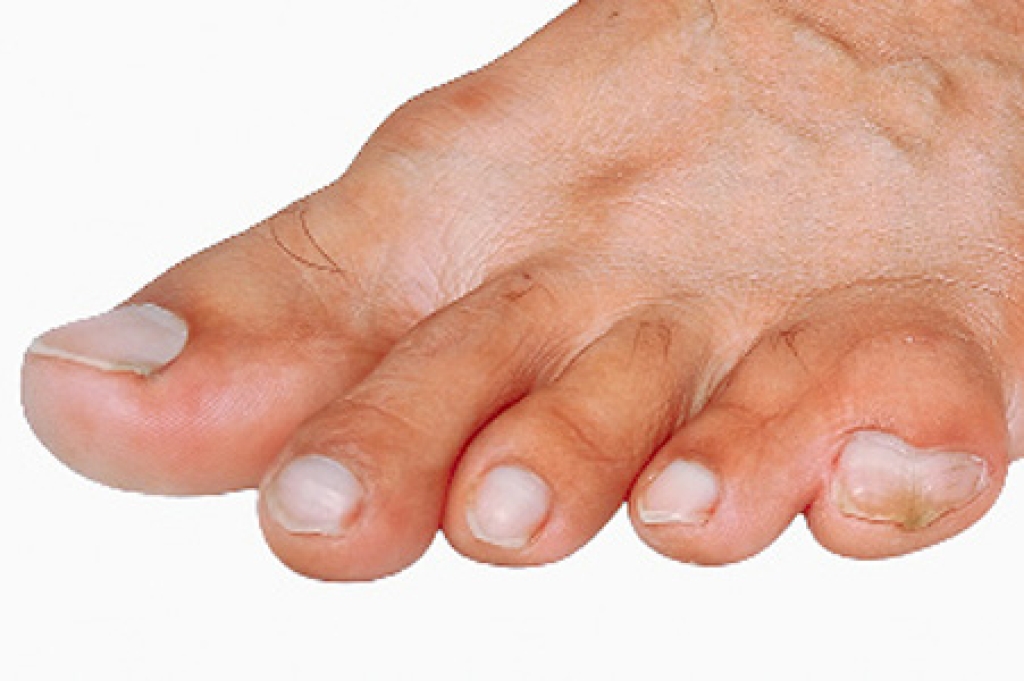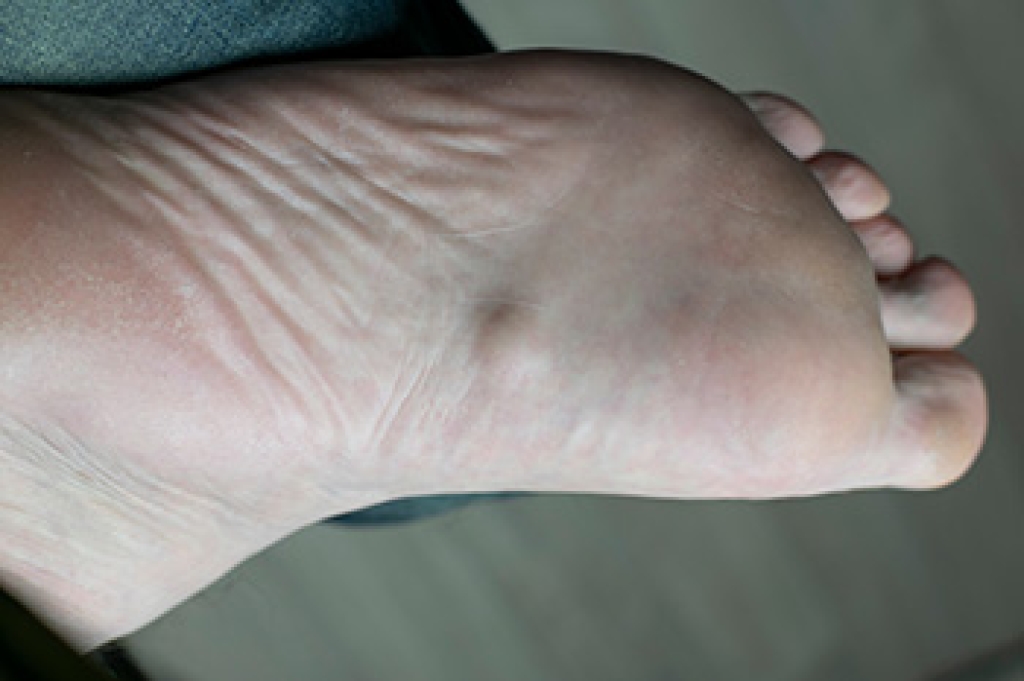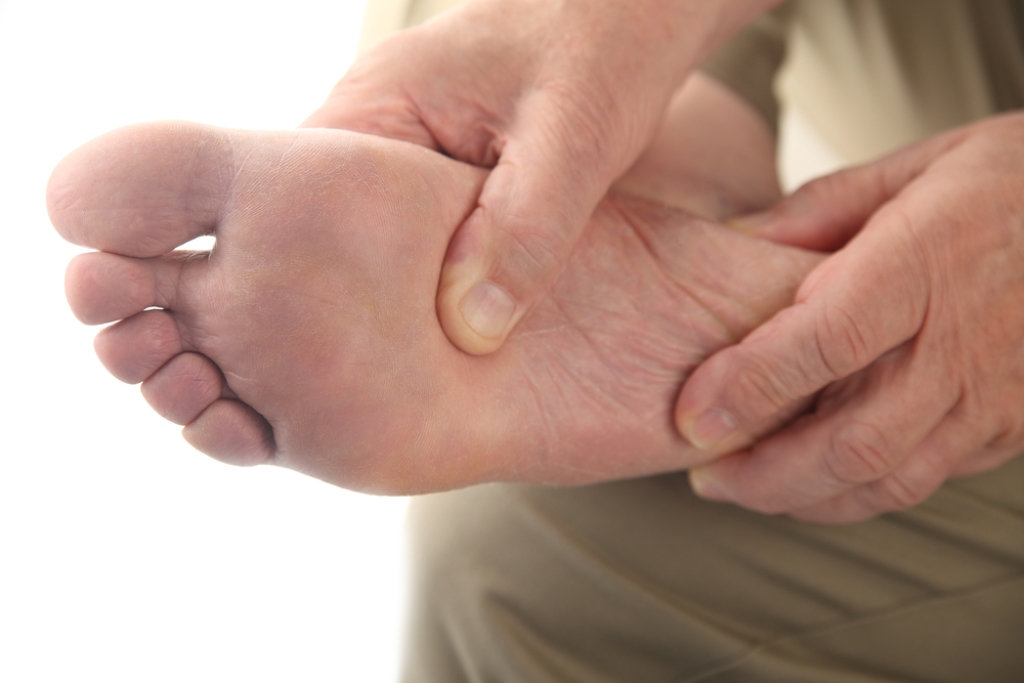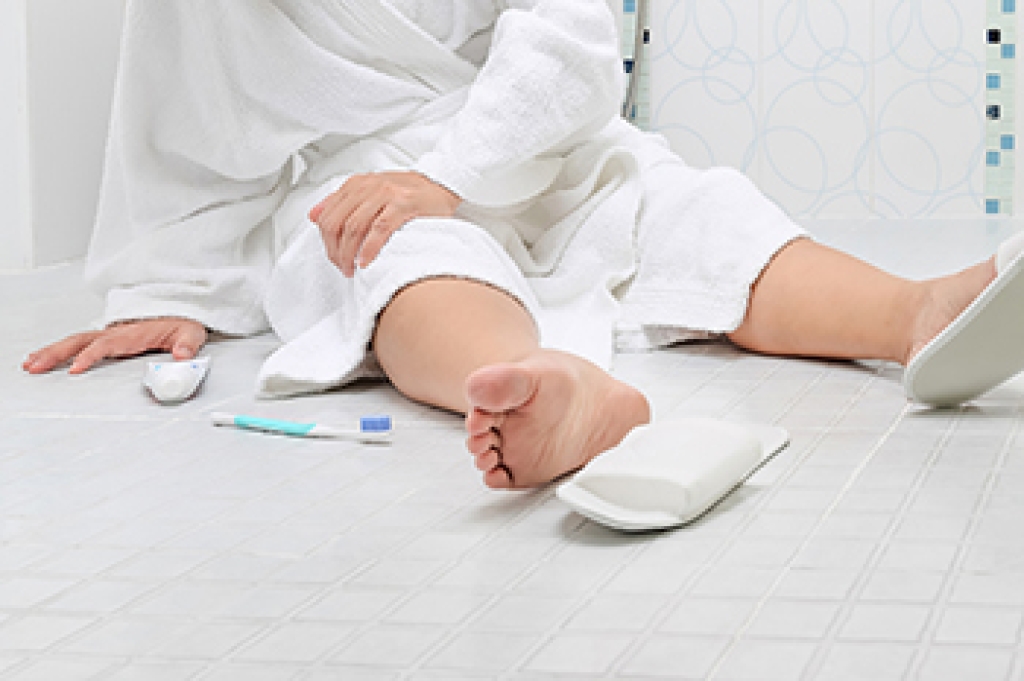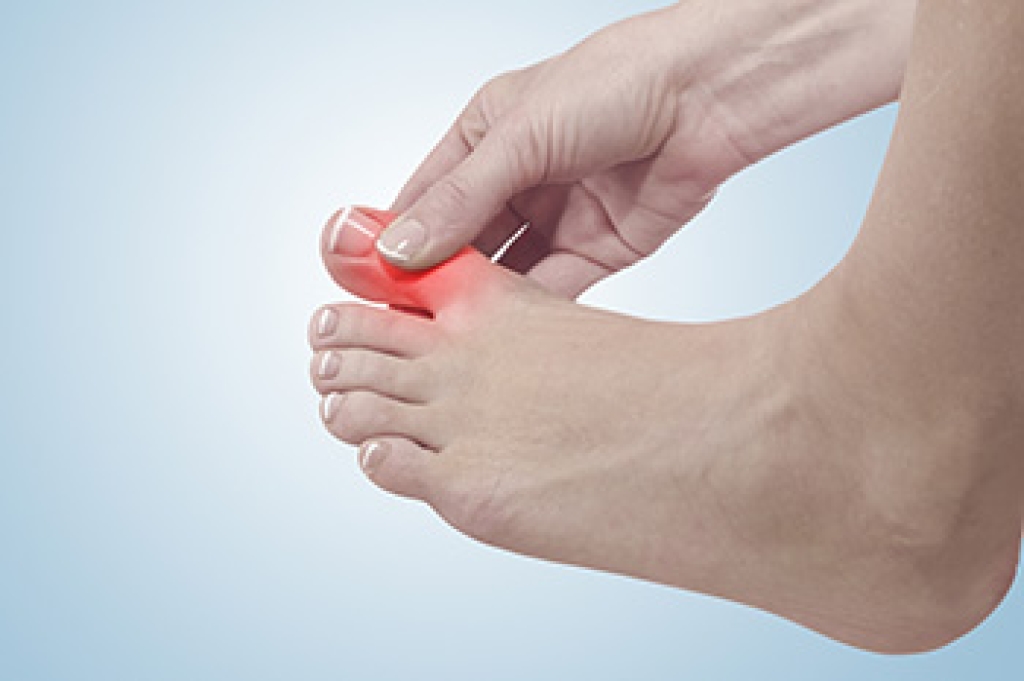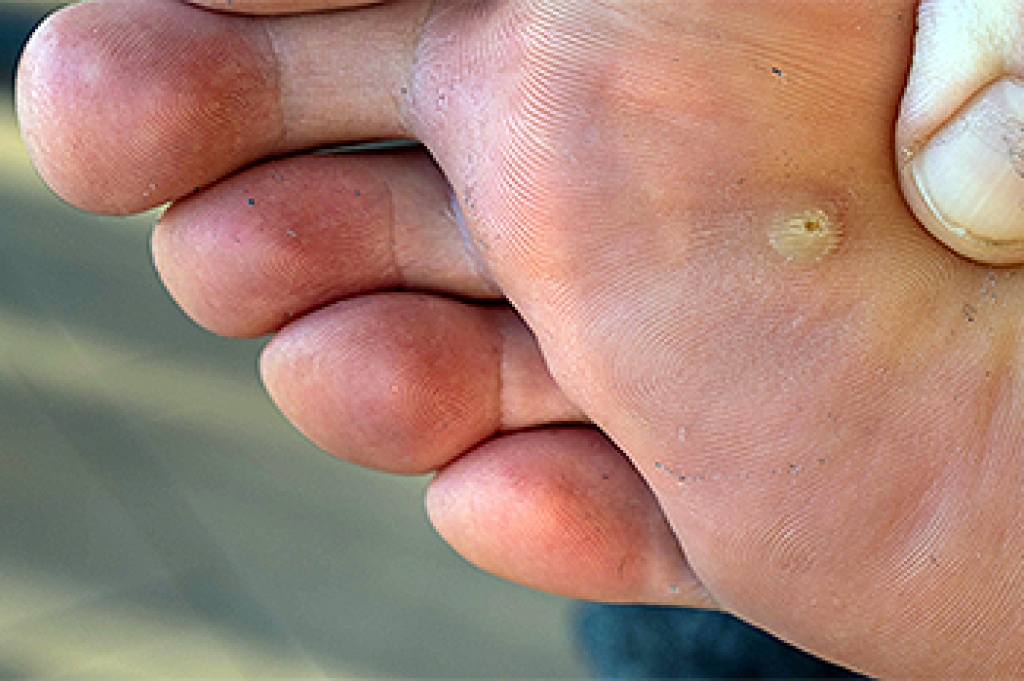
Wearing the right shoes in the restaurant business is essential for comfort, safety, and long-term foot health. Restaurant workers spend long hours standing, walking, and moving quickly on hard and often slippery surfaces. Slip resistance is critical to help reduce the risk of falls and workplace injuries. Cushioned insoles play an important role in absorbing shock and reducing strain on the feet, knees, and lower back. Proper arch and heel support help maintain alignment and prevent fatigue, pain, and overuse injuries. Durability is also important, since restaurant shoes must withstand constant wear while remaining supportive. Additionally, cleanability matters as well, because shoes are exposed to spills, grease, and moisture throughout each shift. A podiatrist can help by evaluating foot structure, gait, and work demands to recommend appropriate footwear or custom orthotics. If foot pain is affecting your ability to work comfortably, it is suggested that you consult a podiatrist who can treat various foot and ankle conditions, and guide on appropriate work shoes to wear.
While working on the feet, it is important to take the proper care of them. For more information about working on your feet, contact Dr. Michael T. Hames from Florence Foot Center. Our doctor will treat your foot and ankle needs.
Working on Your Feet
Standing on your feet for long periods of time can cause stress and pain in your feet. Your whole body may experience change in terms of posture, back pain, bunions, callouses and or plantar warts. There are ways to avoid these conditions with proper foot care, smart choices and correct posture.
Positive Changes
Negative heeled shoe – Choosing this shoe type places the heel slightly lower than the ball of the foot. These are great for overall foot health. Find shoes that fit you correctly.
Go barefoot – Our feet were not designed to be enclosed for all hours of the day. Try to periodically expose your feet to air.
Eliminate Pain
Foot Exercises – Performing simple exercises, incorporating yoga and doing stretches are beneficial. This will allow increased blood flow to the area and muscles of the foot.
Achilles tendon – Stretching the foot out flat on the floor will relax the calf muscles and tendon. These exercises can be performed almost anywhere. Make sure you add these exercises to your daily regimen.
With a little bit of this information and knowing more about foot health, you will notice changes. Foot stretches and proper footwear will help with pain and prevent further issues.
If you have any questions please contact our office located in Florence, Alabama . We offer the newest diagnostic and treatment technologies for all your foot and ankle needs.
